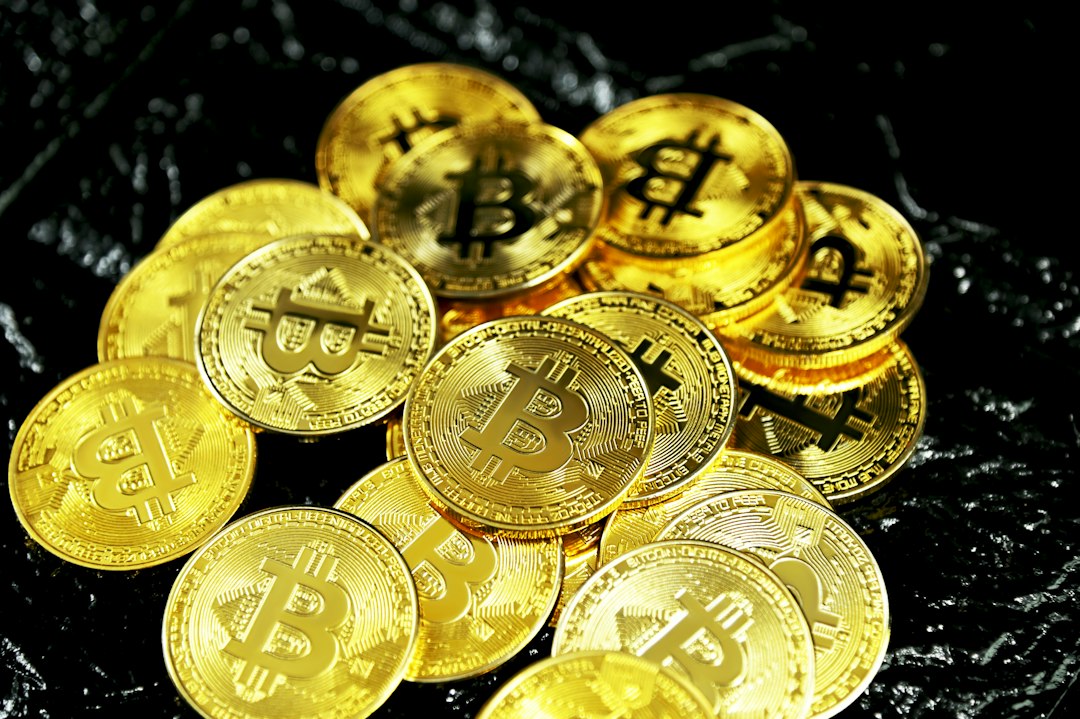Co-founder of OneCoin Pyramid Scheme Sentenced to 20 Years in Prison
A 20-year prison sentence has been handed to Karl Greenwood, the co-founder of OneCoin, a notorious cryptocurrency pyramid scheme. Greenwood, a key player in the multi-billion dollar scam, pleaded guilty to money laundering and wire fraud in December. However, his accomplice Ruja Ignatova, known as the “Cryptoqueen,” remains at large according to the U.S. Department of Justice.
OneCoin Scammed Investors out of Over $4 Billion
OneCoin was launched in Bulgaria in 2014 and managed to defraud investors of more than $4 billion between 2014 and 2016. The scheme operated using a multi-level marketing model, with at least 3.5 million people falling victim to it. As the top distributor, Greenwood made over $300 million by taking a 5% cut from all OneCoin sales.
Similarities with Other Crypto Scams
The scale of the OneCoin scam is comparable to other major crypto scams like Bitconnect. Both schemes relied on false promises and fraudulent tactics to attract investors.
Heavy Sentence Aims to Deter Future Crypto Scammers
Karl Greenwood’s sentencing took place in a U.S. District Court in Manhattan, overseen by federal Judge Edgardo Ramos. U.S. Attorney Damian Williams expressed hope that the lengthy sentence would serve as a warning to others who might consider exploiting the crypto world through deception and lies.
OneCoin vs. Legitimate Cryptocurrencies
Unlike legitimate cryptocurrencies such as Bitcoin, OneCoin had no intrinsic value from its inception. Greenwood and Ignatova falsely claimed that its worth was determined by market factors, when in reality, its value was arbitrarily set.
The Elusive Cryptoqueen
Ruja Ignatova, the mastermind behind OneCoin, has been charged with money laundering and fraud. After a federal warrant was issued for her arrest, she disappeared from Bulgaria and hasn’t been seen since. The FBI has offered a reward of up to $250,000 for information leading to her capture.
Bitconnect’s Cryptocurrency Scam
Another notable cryptocurrency scam is BitConnect, which used a pyramid structure to pay investors based on the number of affiliates they recruited. By the end of 2017, BitConnect’s token, BCC, had a market cap of $2.6 billion and ranked as the eighth most valuable coin globally.
BitConnect’s Downfall
In 2018, authorities exposed the scam and forced BitConnect to shut down. However, when investors received their BCC coins back, their value had plummeted from almost $500 to less than $1.
Legal Actions Against BitConnect
Glenn Arcaro, the promoter of BitConnect in the United States, pleaded guilty to conspiracy to conduct wire fraud and received a 38-month prison term. The DOJ also announced plans to sell $56 million worth of bitcoin seized from Arcaro to compensate the victims. Satish Kumbhani, the project’s originator who is currently at large, was indicted for defrauding investors out of about $2.4 billion through a Ponzi scheme.
Hot Take: Combating Crypto Scams Requires Stronger Regulation and Awareness
The cases of OneCoin and BitConnect highlight the urgent need for stronger regulation and increased awareness in the cryptocurrency industry. Investors must exercise caution and thoroughly research any investment opportunity before committing their funds. Additionally, governments and regulatory bodies should collaborate to establish comprehensive frameworks that protect individuals from falling victim to fraudulent schemes. By holding scammers accountable and educating the public, we can create a safer environment for crypto enthusiasts and foster trust in the industry.





 By
By
 By
By
 By
By
 By
By
 By
By
 By
By